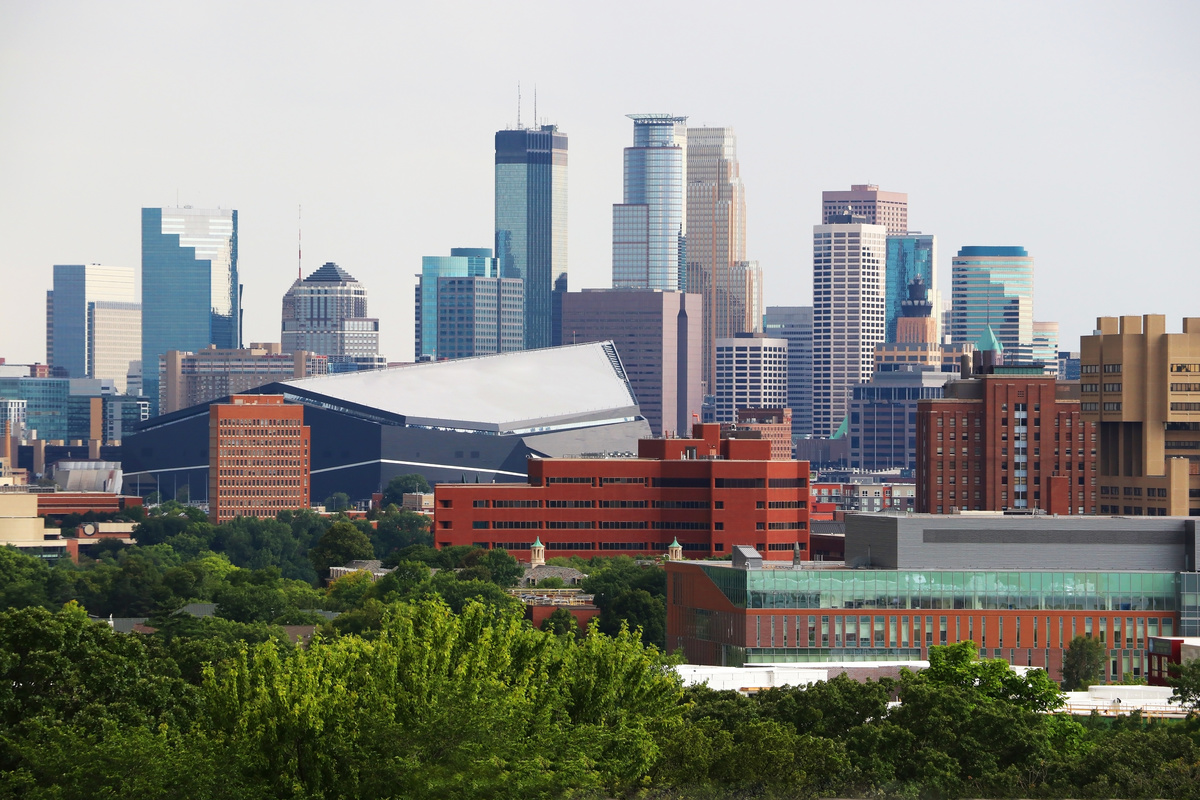
Local Policy
Local Governments 101: Common Structures and How Local Laws Are Made
April 30, 2025 | Jay Wimberly
July 9, 2025 | Michael Greene, Jay Wimberly

Key Takeaways:
The popularity of hemp beverages has skyrocketed over the past year. While state legislators have begun regulating the product and deliberating on best practices and standards, local lawmakers have decided to take action given the legal ambiguity around the issue. Local governments operate similarly to state legislatures, though they often pass legislation at a much quicker pace. We’ve seen a handful of local laws go from introduction to adoption in just a few weeks. Here are some interesting examples of local government cannabis policy.
Hemp and all of its derivatives were made legal in 2018 after the passage of the Agricultural Improvement Act, also known as the “Farm Bill”. Under the provisions of the bill, hemp is defined to include any cannabis plant or derivative that contains no more than 0.3% delta-9 THC on a dry-weight basis. Since then, companies have produced hemp-derived THC beverages that are alcohol-free and infused with delta-9 THC derived from hemp that can produce psychoactive effects without legally being dubbed as “marijuana.”
Many local governments have started addressing hemp beverages by changing local THC laws. Here are some examples of hemp beverage regulation and other municipal cannabis ordinances addressing hemp-derived products.
In February, the Chicago City Council introduced an ordinance that would impose a tax on the sale of hemp beverages based on their THC content. Sponsored by Alderperson Adre Vasquez Jr., the ordinance was referred to committee on February 19 and has had no additional hearings since. While the proposed tax legislation has not been publicly discussed for months, the City Council did unanimously approve an ordinance on June 18 that prohibits the sale of cannabinoid products within the O’Hare Residential Area. The language provided by the City Council does not specifically mention hemp beverages, though it is likely that those products fall under the provisions of the ordinance.
On June 5, the North Beach (MD) Town Council introduced an emergency ordinance that, if passed, would prohibit public events where cannabis products (including infused beverages) are distributed, sold, or consumed, whether or not offered by or in partnership with a licensed cannabis vendor. The Council is scheduled to meet on July 17, though no agenda is currently available.
In 2022, Minnesota became the first state to enact legislation that specifically addressed hemp-based beverages. Since then, local jurisdictions have taken it upon themselves to further regulate the industry. Hennepin County, the most populous county in the state and home to Minneapolis, adopted an ordinance that allows individuals who are 21 years of age or older to sell or offer to sell lower-potency hemp edibles that are beverages via self-service display. The ordinance came into effect on May 6, the same day it was approved by the Board of County Commissioners.
On May 5, the Brandon (MS) City Council introduced, waived further readings of, and approved an ordinance that prohibits any person, firm, corporation, or other entity from selling, distributing, delivering, bartering, or giving away any beverage containing THC within the corporate limits of the City. This comes after the state legislature attempted and failed to ban all intoxicating hemp products earlier this year. Seven days after the ordinance came into effect, Attorney General Lynn Finch authored an opinion stating that the sale of hemp-derived products designed for human consumption is prohibited in the state unless done so by a licensed medical cannabis dispensary and in strict accordance with the provisions of the Mississippi Medical Cannabis Act.
Due to recent local government interest, along with the growing popularity of THC beverages, it would not be surprising to see more localities explore regulation and try to rein in the burgeoning industry.
Public policymaking starts at the local level. Advocates and innovators are increasingly turning to city hall to enact public policy, resulting in a patchwork of laws and regulations across the country. But monitoring the actions of thousands of municipalities, counties, townships, and special districts can be a monumental task. MultiState’s local service alerts you of activity before it happens, in over 4,750 local jurisdictions (and growing). Read more about our Local Government Monitoring service here, or get in touch.

April 30, 2025 | Jay Wimberly

July 2, 2024 | Ben Seitelman
-3aa26b-400px.jpeg)
April 25, 2023 | Bill Kramer